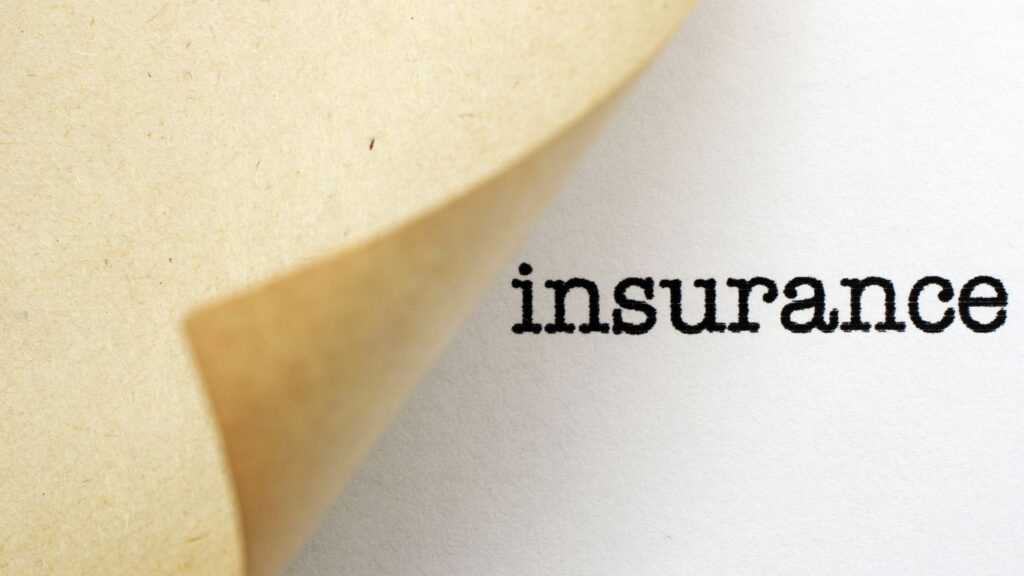
Insurance is a system of protection against financial loss. It’s a contract between an individual or entity (the insured) and an insurance company (the insurer). Here’s how it works:
- Policy Agreement: The insured purchases a policy from the insurer, agreeing to pay a premium in exchange for coverage against specific risks.
- Premiums: The insured pays regular premiums to the insurer. These payments are pooled with those of other policyholders.
- Risk Pooling: The insurer uses the pool of premiums to pay out claims. Since not all policyholders will suffer losses at the same time, the pooled premiums cover the losses of those who do.
- Claims: When a covered event occurs, the insured files a claim. The insurer verifies the claim and, if valid, pays out compensation according to the policy terms.
- Coverage: Insurance policies detail what is covered, including the types of risks and the limits on the amounts paid out.
- Underwriting: Insurers assess the risk of insuring a potential policyholder and determine the premium amount based on this risk assessment.
- Investment: Insurers invest a portion of the premiums to generate income, helping to keep premiums affordable and ensure there’s enough to cover claims.
Insurance helps individuals and businesses recover from financial setbacks resulting from unforeseen events, providing a safety net that allows for peace of mind and financial stability.


